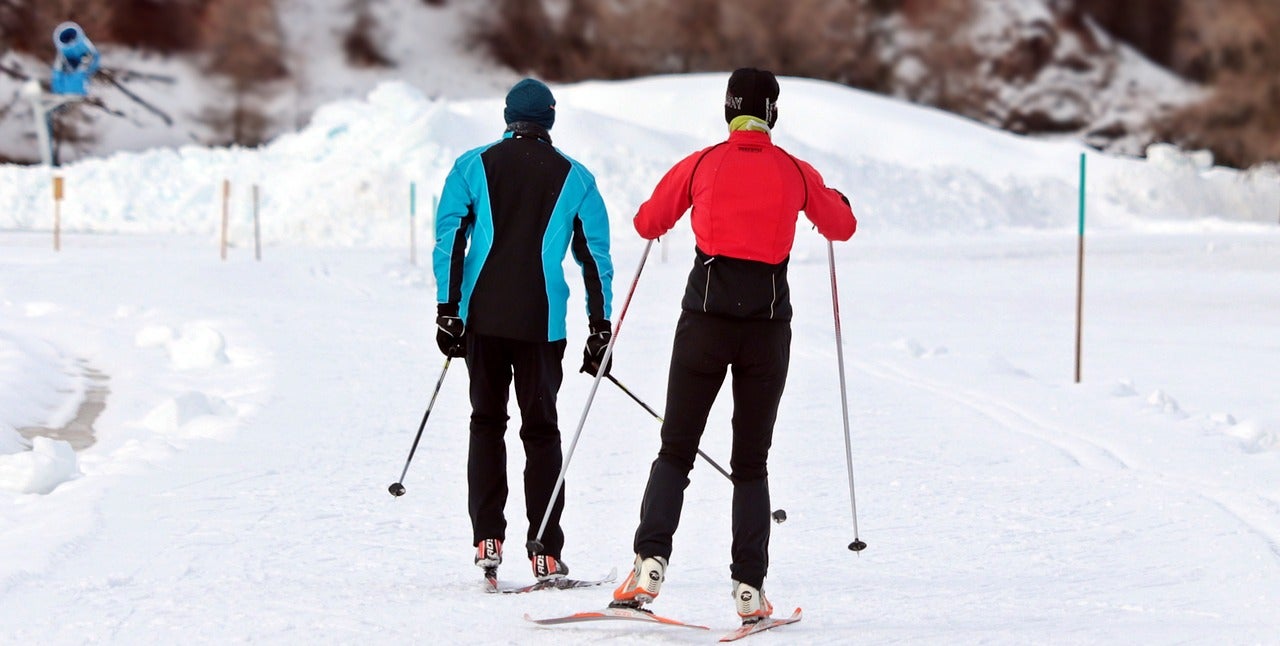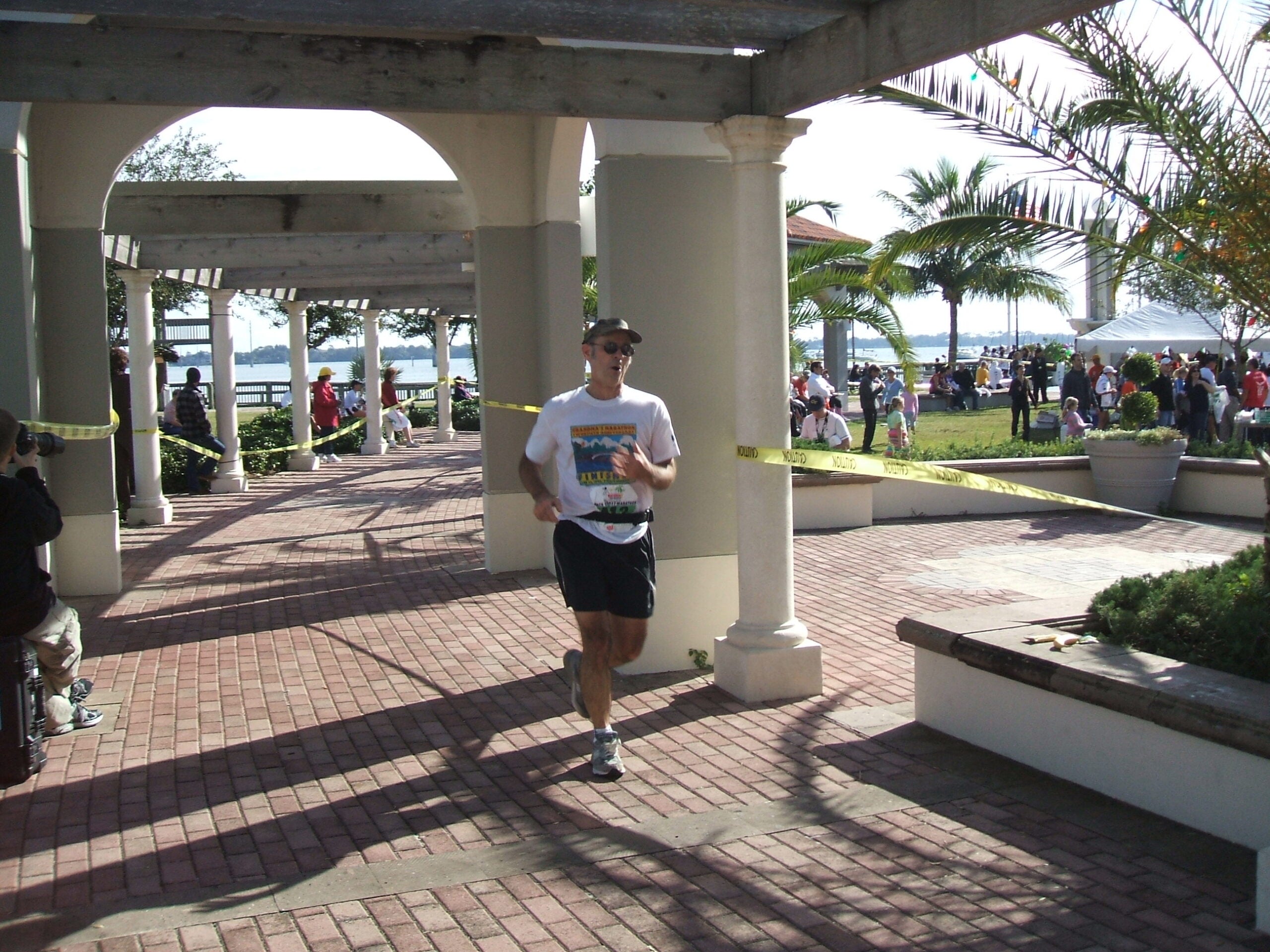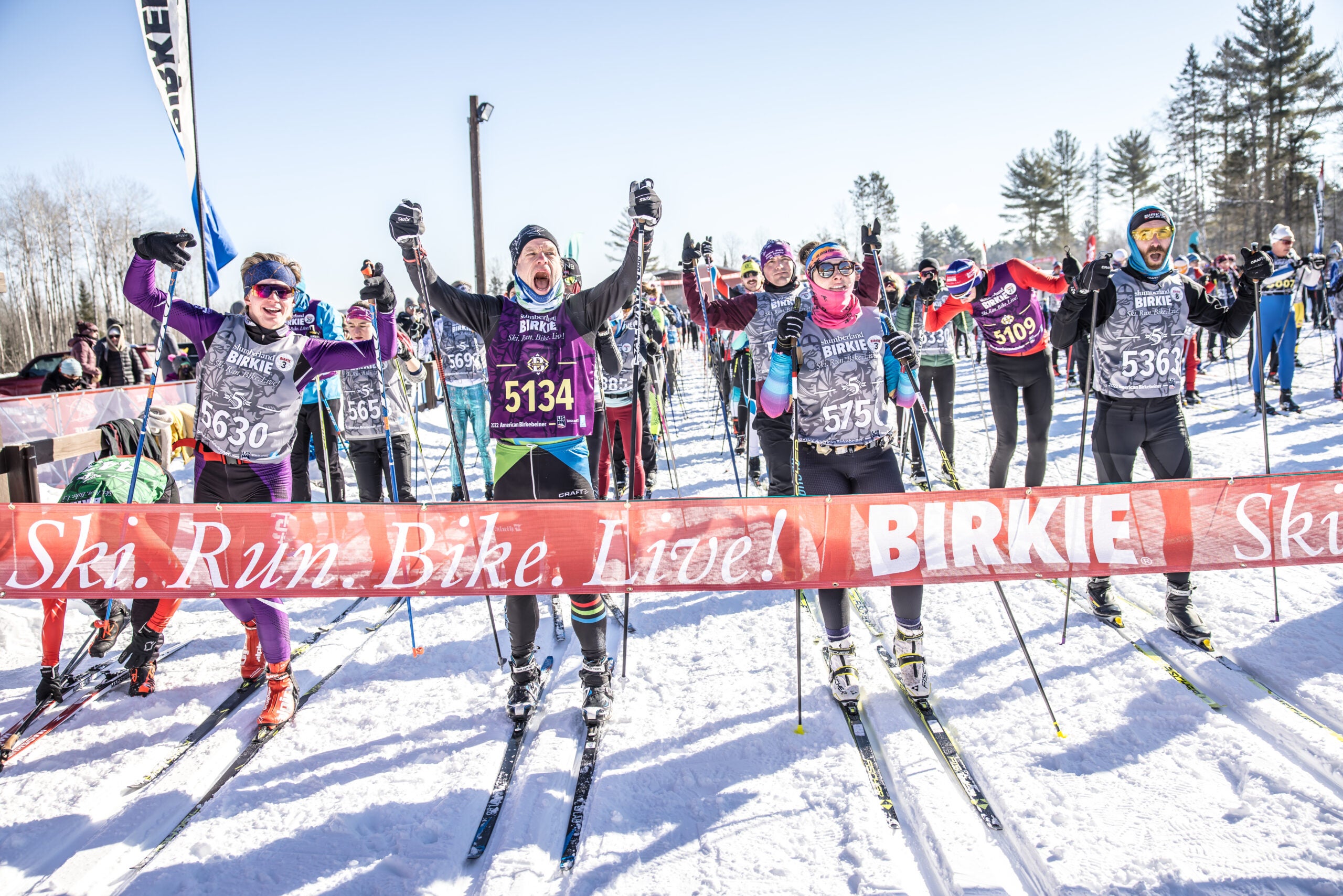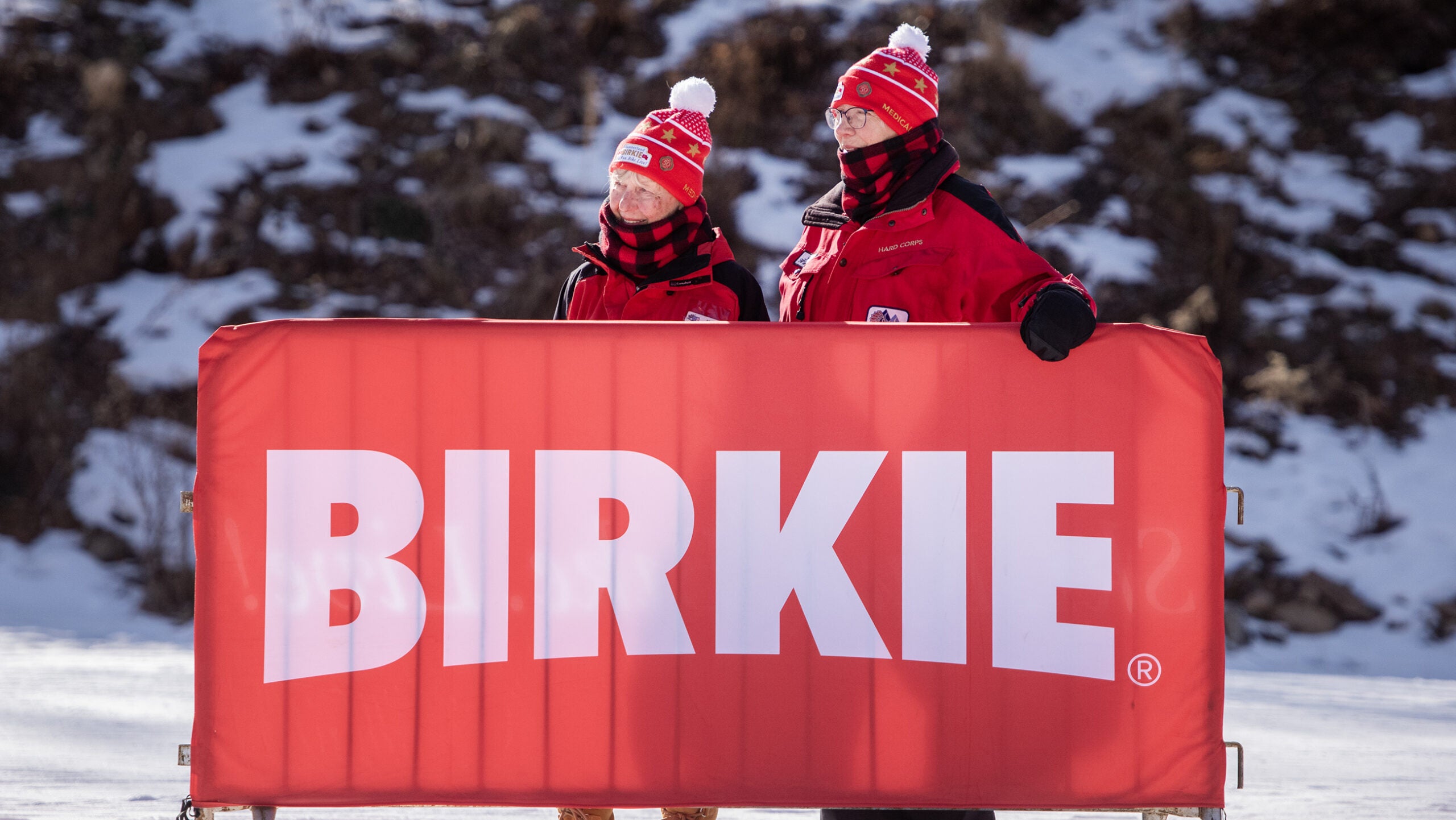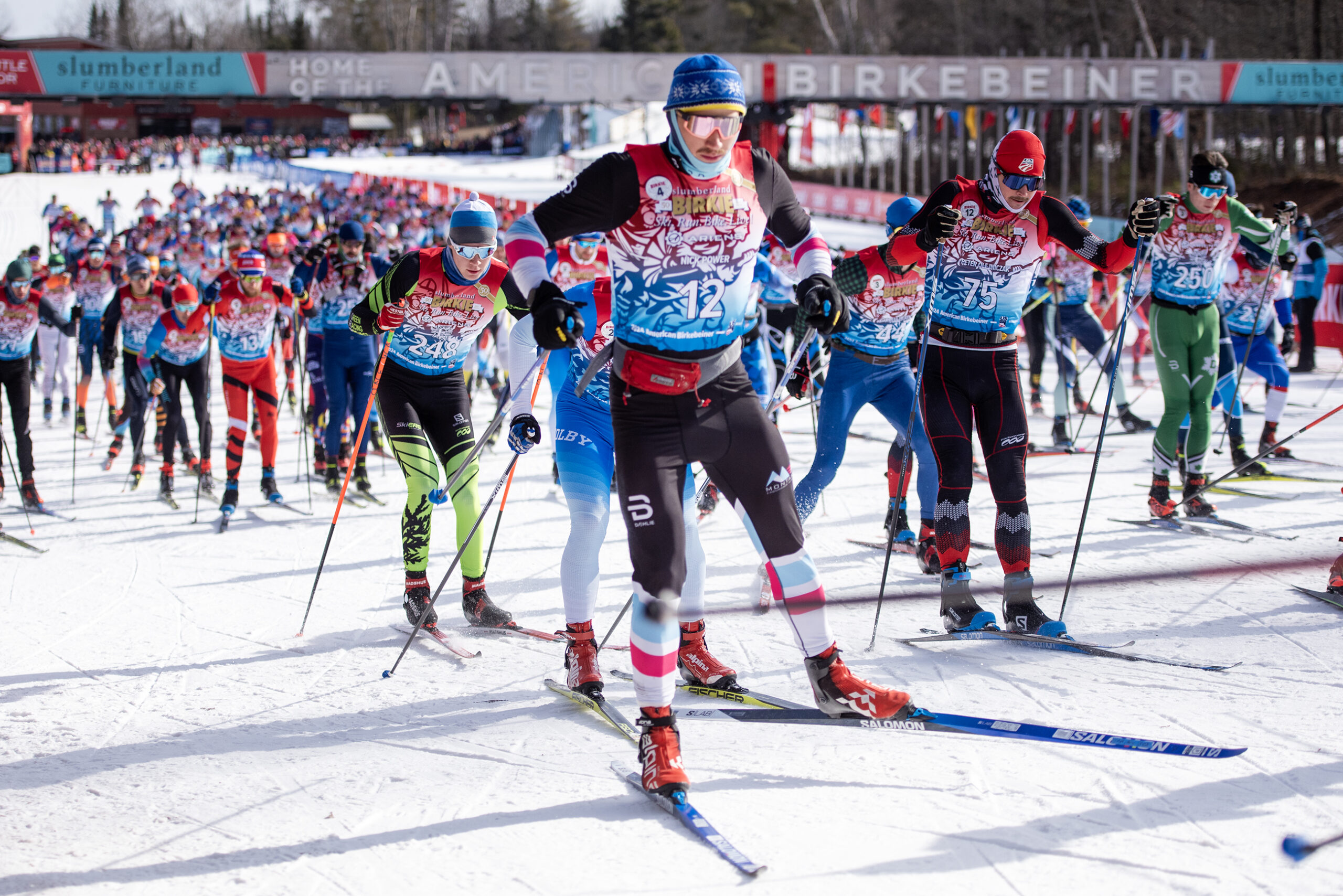The largest cross-country ski race in North America will still be held later this month despite a lack of snow. But this year’s 50th anniversary of the American Birkebeiner will not include the traditional wintery marathon linking two northwoods communities.
Instead, officials with the American Birkebeiner Ski Foundation said during a live virtual briefing Monday evening, the events will be held on a 10 kilometer loop created with manmade and stockpiled snow.
Ben Popp, the foundation’s executive director, said it’s been a “Herculean effort” to plan races amid a warmer than normal winter.
About 13,000 skiers have signed up for the series of events Feb. 21-25.
News with a little more humanity
WPR’s “Wisconsin Today” newsletter keeps you connected to the state you love without feeling overwhelmed. No paywall. No agenda. No corporate filter.
The week of events is typically capped off with a 50-kilometer, or 31-mile, race that begins in Cable and ends in downtown Hayward. With no snow on the ground, skiers will instead race on snow that’s been made or stockpiled in a loop around the Birkie trailhead in Cable.
Only the most elite skiers will take part in a 50-kilometer skate race on Saturday morning, which include about 275 men and women.
“We hope we have tons of participants and spectators up there to really cheer this great group on. We’re going to have a lot of World Cup athletes. We want to be able to celebrate this 50K race that we’re going to have,” said Birkie Event Director Kristy Maki.
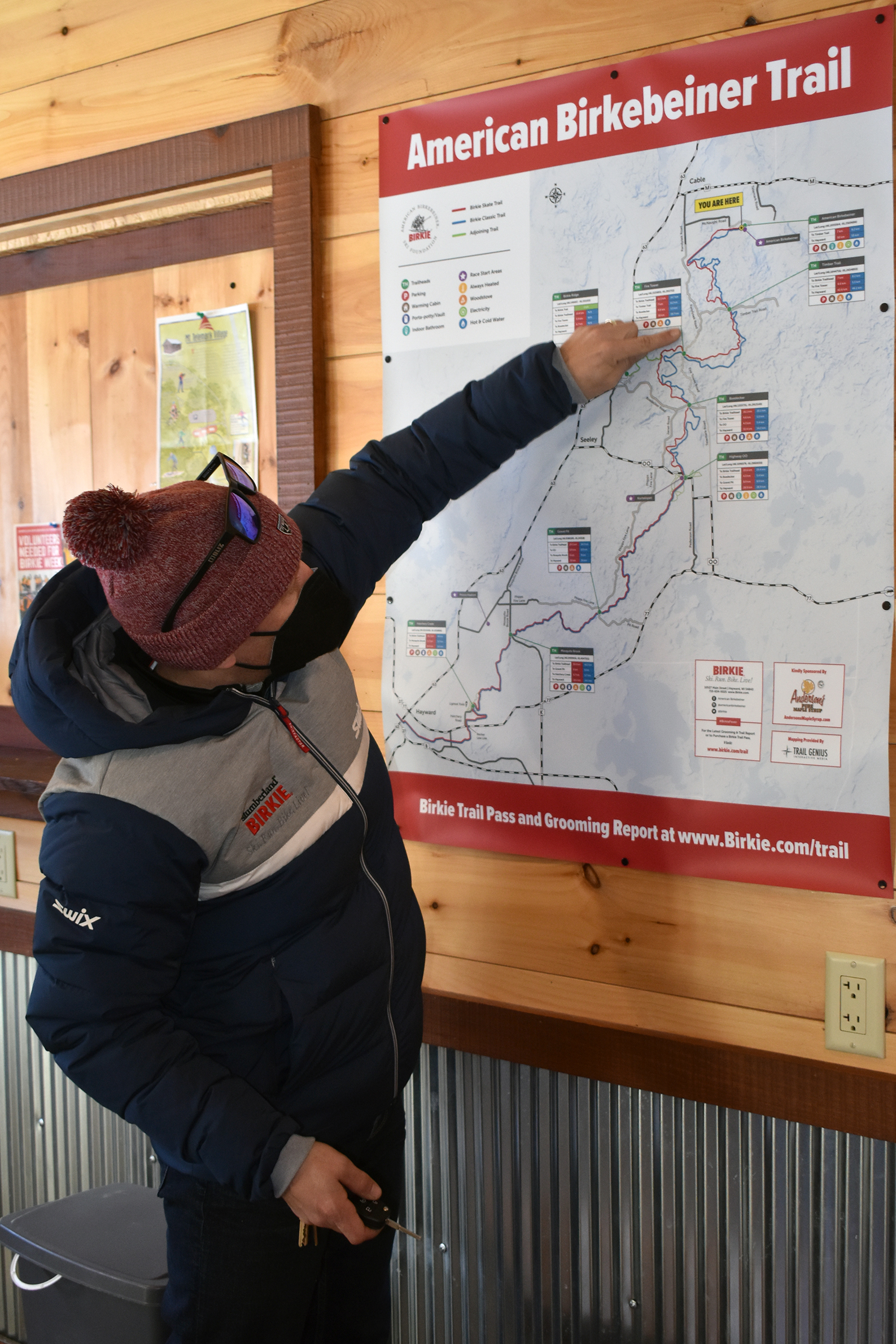
All other skiers will take to the course in waves for a 30-kilometer race. With thousands of skiers on a shorter course, the races are being spread out over several days.
A shorter, 30-kilometer classic race will now be held on Sunday for those interested in the more traditional form of Nordic skiing, which is like walking on skis. Race organizers said the course won’t be as wide as the traditional Birkie trail, warning it will be a bit more crowded for skiers.
On Friday, those taking part in the Kortelopet classic and skate ski races will be split up, and the race is being shortened from 29 to 20 kilometers in length. The 15-kilometer Prince Haakon race will also be reduced to 10 kilometers. Open-track skiing will be available on two days this year, which will be held Feb. 21-22.
The Birkie contributes a roughly $20 million economic impact in the region. Race organizers have been adapting to the effects of warmer winters in Wisconsin after they were forced to cancel the race in 2017. Warm weather and rain canceled the event that year for only the second time in its nearly 50-year run. The race was previously canceled in 2000.
Since then, officials have spent around $600,000 on snowmaking equipment. The foundation is currently trying to raise around $10.2 million through a capital campaign, of which $1.2 million would be devoted to snowmaking. Popp said the Birkie crew began stockpiling snow in January to prepare for a race in a year that has seen little snow.
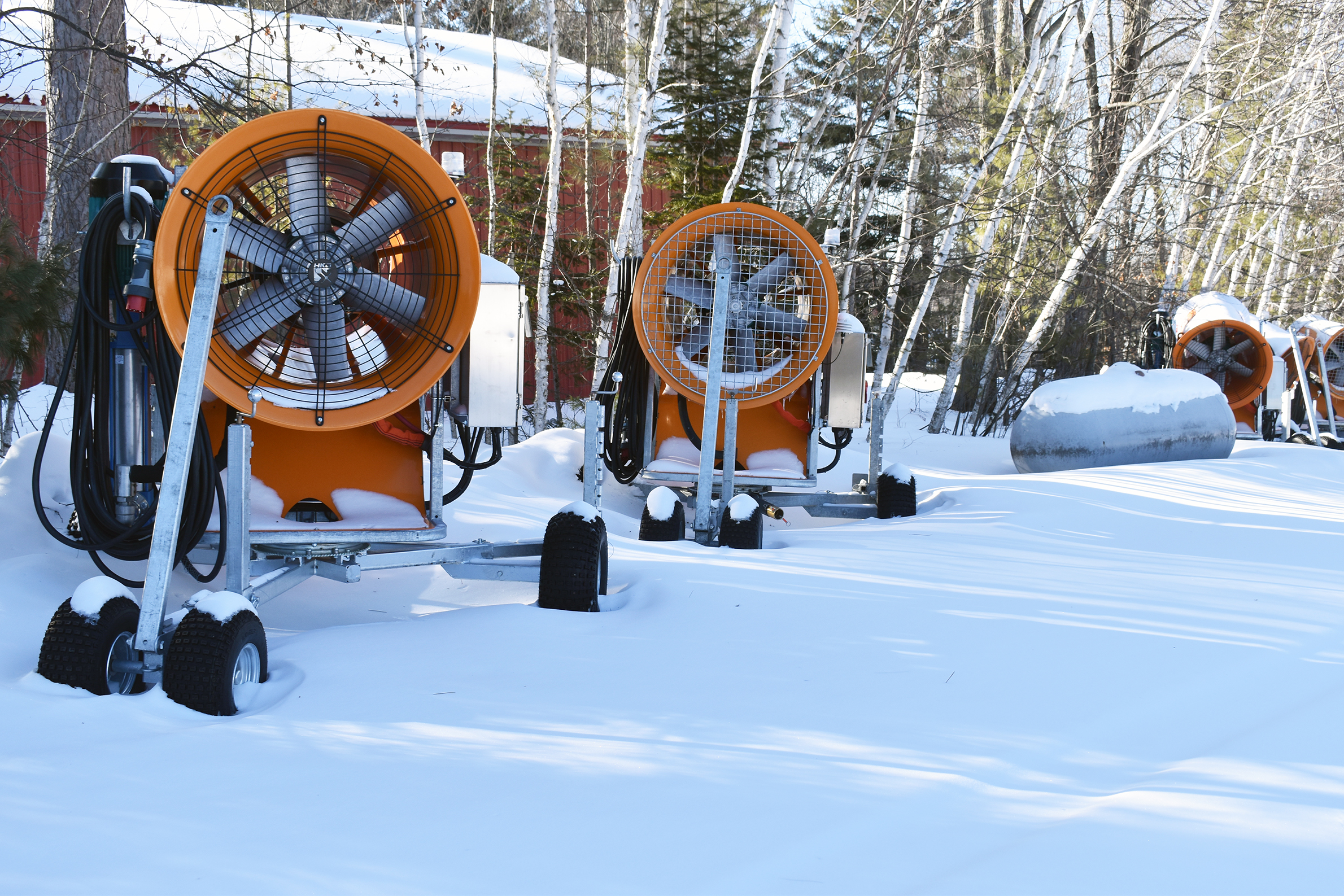
Climate scientists in Wisconsin say a lack of snow is happening more frequently as winter has warmed twice as fast as other seasons, according to a 2021 report from the Wisconsin Initiative on Climate Change Impacts.
“It’s been a huge mobilization from the county, from the city of Cable … all kinds of contractors to come together and try and bring you the 2024 American Birkebeiner,” Popp said. “At the end of the day, the Birkie is all about bringing the community together with skiing and biking and running as a lifestyle.”
Popp said the foundation has received $500,000 in matching funds to go toward snowmaking, adding more than $300,000 has already been raised toward that goal.
The 50th anniversary of the American Birkebeiner Ski Race is expected to draw big-name athletes, including World Cup athletes and three-time Olympic medalist Jessie Diggins. She will be the featured guest for the Birkie Bash fundraising event in Hayward on Thursday, Feb. 22. Elite skate skiers will begin racing at 10:30 a.m. on Saturday, Feb. 24.
Wisconsin Public Radio, © Copyright 2025, Board of Regents of the University of Wisconsin System and Wisconsin Educational Communications Board.



